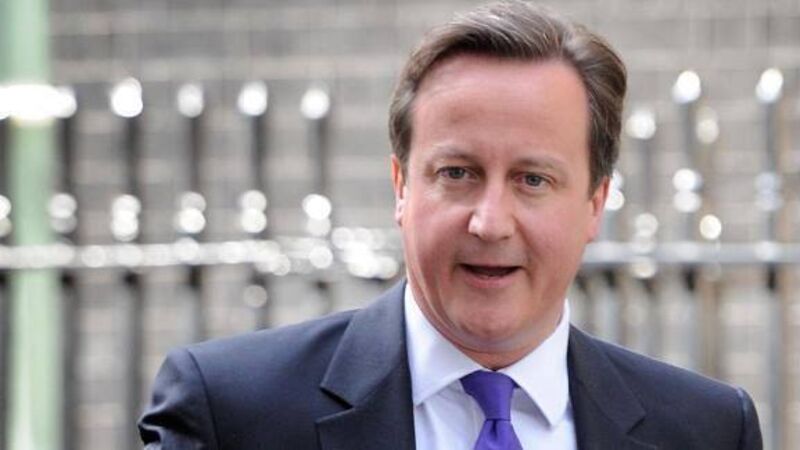Blow for Cameron as Syria motion defeated

David Cameron ruled out UK involvement in military action against Syria after his authority and international standing were dealt a severe blow by defeat on the issue in the Commons.
In what is thought to be an unprecedented parliamentary reverse over British military action, Tory rebels joined with Labour to inflict a humiliating defeat on the Prime Minister.














